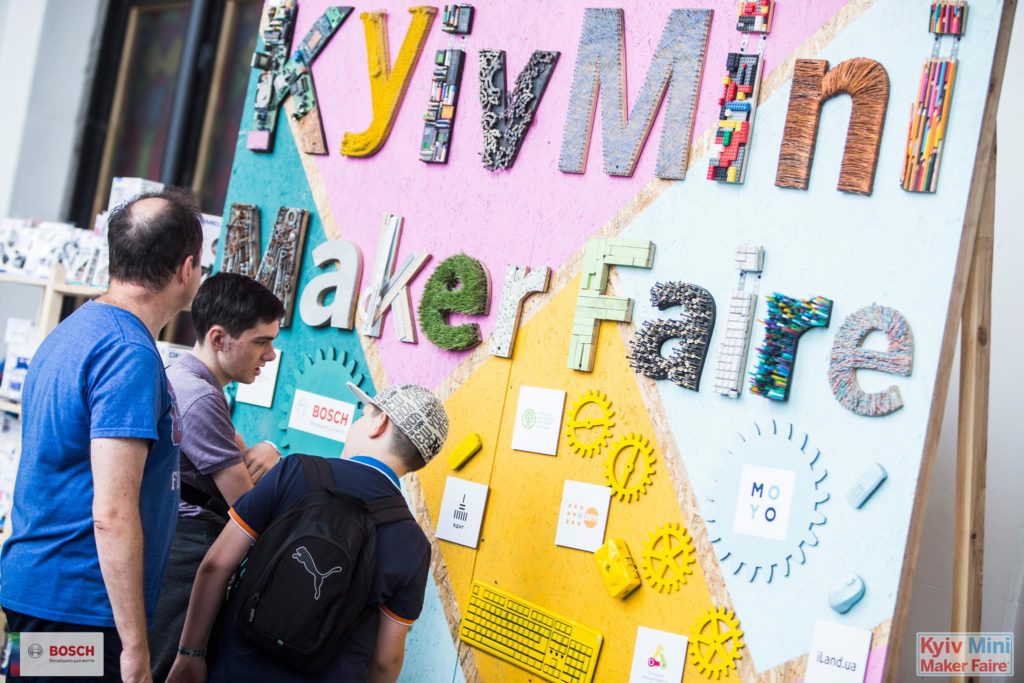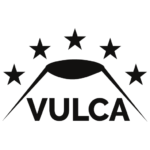
Since the end of February 2022 and the commencement of war in Ukraine, Vulca started working more closely with the makers’ community to search for solutions for displaced Ukrainian makers, and those who are still in Ukraine. In this article we will share what was done, and how you can help.
So, what was happening?
As of February 24th, inquiries on how to help kept coming from different sides and at the beginning we felt overwhelmed, since we have never faced a problem at such scale. Even though we gathered a large community, it took us some time before we found a way to help.
Through Vulca Tour exploration done by Alex, and our board member Inesa (who is Ukrainian), we are connected to Ukrainian makers, and we have opened a discussion of how we, as a Europe-wide community, can immediately help.
This discussion helped us identify the list of needs:
- Helping makers to design defence equipment that can be produced in fablabs
- Sending material to fablabs that are producing defence equipment (filaments, sensors, …)
- Hosting (makers) civilians that (can) escape Ukraine
- Funding
…and we needed to position ourselves on where we can assist. As an NGO we do not have extensive funds, or materials we can share, so we focused on personal connection and solutions for displaced civilians.
The solution
As a Vulca NGO, we are very interested and we have increasing experience in makers’ residencies where we try to facilitate the mobility of makers, and for that we have a dedicated platform MakerTour.
Following the situation in Ukraine that is also affecting makers, we decided to adapt our platform into a map where Ukrainian makers can easily find a makerspace that is willing to host according to the current activities of the place.
We started documenting and centralising makerspaces and fablabs that found a way to host Ukrainian makers for a couple of months or more. And we created a page: Makers For Solidarity.
On this page you find a map with points associated with spaces that are open for hosting makers so immediately you see where spaces are located. Keep in mind – each space is different, and has a different capacity of hosting – some can host families, some can host one person. But all of them are opening their doors for people looking for:
- A place to stay for several months or more
- A place to continue their everyday (professional) activities, especially if they can remotely work and they rely on common FabLab equipment
- A place where they have a community welcoming them, so they don’t start alone in a new country
- Some of these makerspaces offers are even paid positions sometime
How can you take part?
If you are Ukrainian, visit the following LINK – explanations of our approach are in Ukrainian.
Якщо ви українець, перейдіть за наступним ПОСИЛАННЯМ – пояснення нашого підходу українською.
As a makerspace or FabLab you can help in two following ways:
- Host a Ukrainian maker or their family
- Open your space to makers refugees where they can come for free, meet locals and learn, make and share around their own projects or the local community project
- Before hosting a Ukrainian maker or their family
- Get in touch with us: contact@vulca.eu
- Open a cooperation with your local municipality that can provide you instructions
- Open a cooperation with a local NGO providing language course and inclusion so makers in refugee can integrate better in local community
Important notice : We strongly recommend you to gather local partners around you if you want to welcome refugees. Our experience told us that it’s a lot of responsibility. Learn more about “DOs and DON’Ts” when welcoming a refugee in this PDF and this WebSite
- If you cannot host, but you can open your space to makers refugees:
- Get in touch with us: contact@vulca.eu so we can add
- Open a cooperation with your local municipality that can connect you with Ukrainians already settled near your town/city
- Organise workshops for children and families, share a cup of coffee and make them feel welcome
- Provide some basic courses and access to the equipment, so makers can work on their own projects or the local community project
Take a look on example done by German network – Offene-werkstätten
How to navigate on the website?

To find such residency we have documented and centralized on makertour, you can navigate through the map in this link (here) looking for the residency that matches your needs. For every listed location, in the part “Our workshop” that presents the place, you will find information about the way the space will be in capacity to host a refugee under “The latest news”. At the end of each description you will have the option to contact them directly.

Help us spread the word
Makers are a very diverse community, and we rely on you to help us spread the word within your local groups. Fab managers, artisans, developers, artists, designers, architects, please share this information if you know:
- Ukrainian makers looking for a place outside their country where they can continue with their lives
- FabLabs and makerspaces that would like to help, and that have hosting capacities
For more questions, don’t hesitate to reach us by email our our social media
